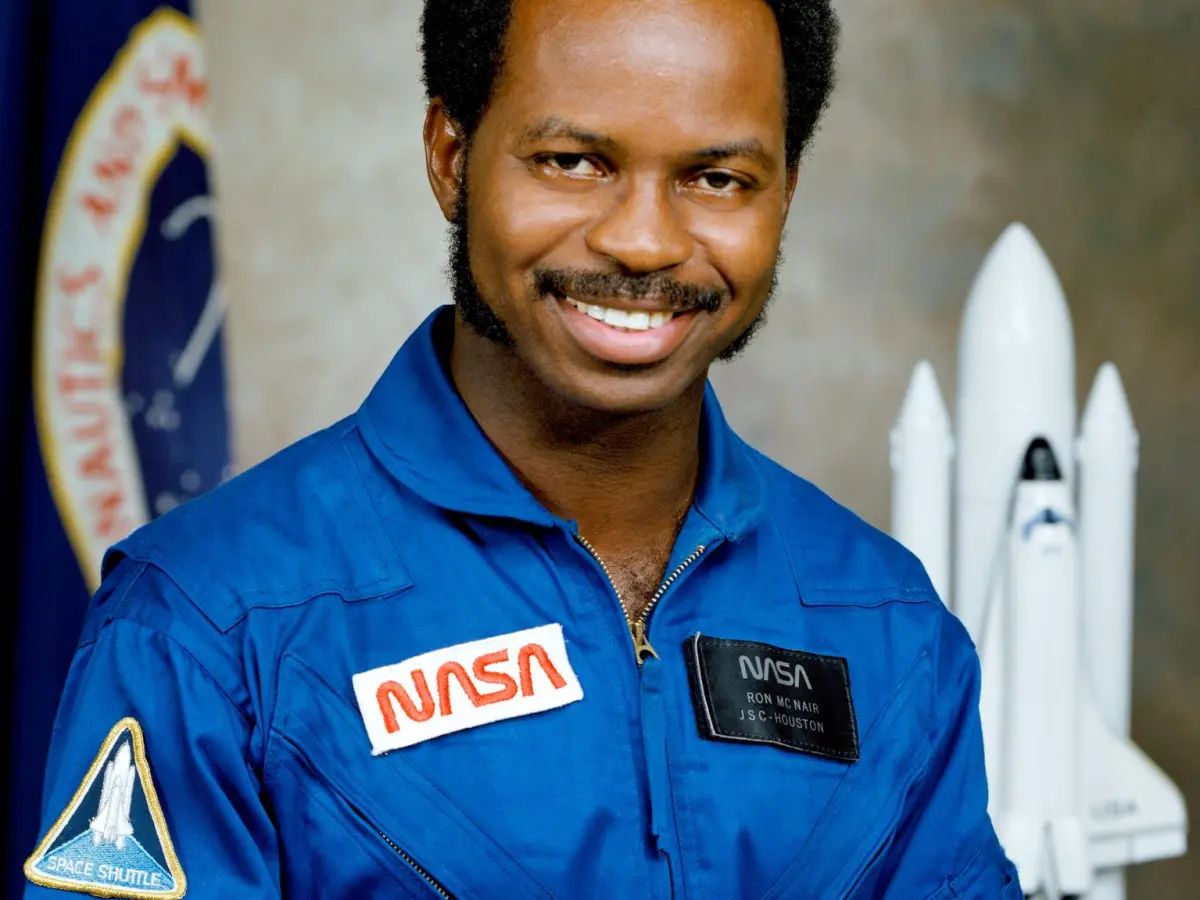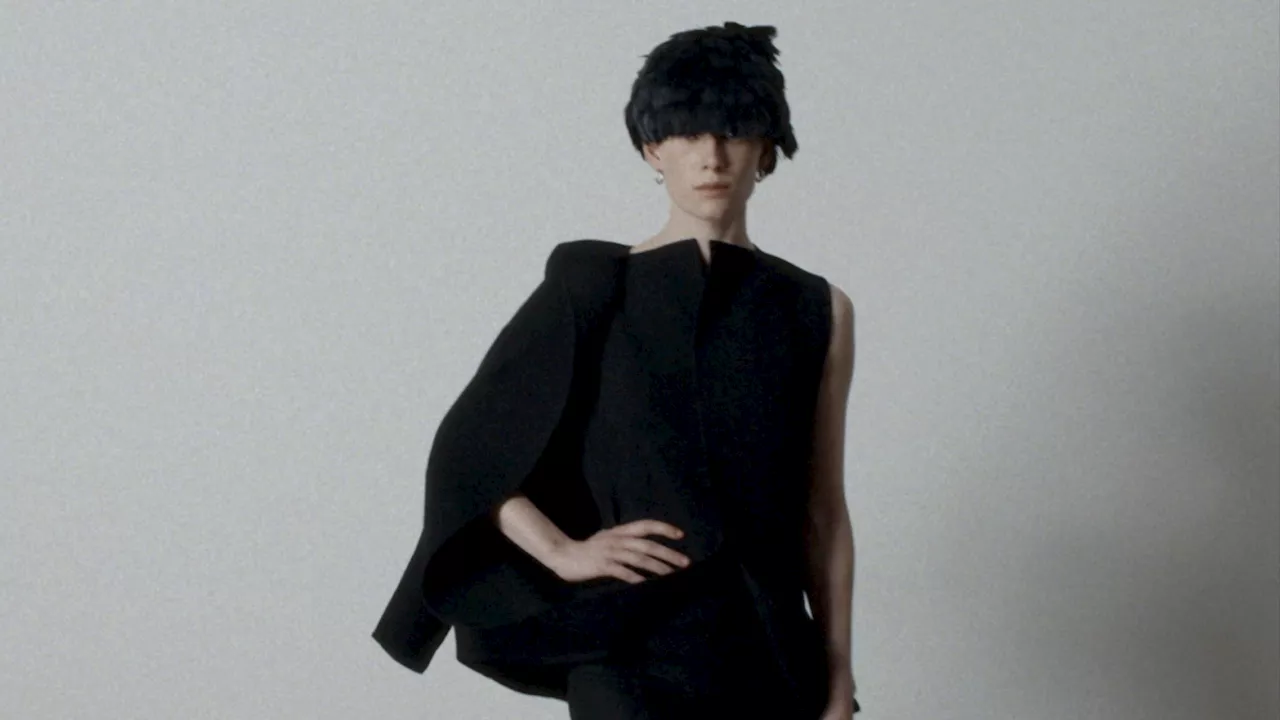George Brooks Veikoso, known to his fans as Fiji, passed away on Wednesday in Suva, Fiji, at the age of 55. Surrounded by family, the beloved Polynesian vocalist had openly discussed his ongoing health challenges in recent years. Despite these struggles, he continued to perform, often seated on stage but still delivering the powerful vocals that endeared him to many. The official cause of death has not yet been disclosed.
Fiji’s longtime friend and fellow musician, Jeff Rasmussen, remembered him as a dedicated artist who faced significant health issues throughout his life. “We used to joke that we’d limp through the stages together,” Rasmussen reflected. “Despite the pain, he never slowed down. He worked hard all his life — it was always music.” Their friendship spanned decades, with Rasmussen sharing, “To us, he’s George. He was one of my best friends.”
Born on May 10, 1970, just months before Fiji gained independence from British colonial rule, Veikoso took immense pride in his heritage. At 14, he left his homeland, passing through Hawaii before settling in Los Angeles, but returned to Hawaii within a year. His early career began humbly, performing with a local group called Par Three at a Kailua restaurant and participating in talent nights at popular nightclubs.
Fiji’s breakthrough came in the early 1990s when he joined the Hawaiian Style Band, quickly gaining recognition for his remarkable voice and stage presence. His solo debut album, “Evolution,” released in 1994, cemented his status as a significant talent in local music. His subsequent album, “Born & Raised,” released in 1997, further established him as a prominent figure, leading to two major accolades at the Na Hoku Hanohano Awards in 1998: Male Vocalist of the Year and Favorite Entertainer of the Year.
Over the next two decades, Fiji continued to release music prolifically, blending genres such as reggae, R&B, hip-hop, and traditional Pacific influences. His sound helped to expand and reshape the “Jawaiian” genre, introducing a new level of polish and depth to local music. “He was a gentle giant — mellow and soft-spoken, but brilliant with music and lyrics,” remarked friend and collaborator Vincent Mendoza. Mendoza reminisced about their early collaborations, highlighting Fiji’s humble beginnings before his rise to fame.
As a native Fijian fluent in his language, Veikoso was conscious of the need for Indigenous representation in music. He was committed to honoring local identities and shifting the music scene toward original sounds. His 2002 arrangement of “He Aloha Mele” for sumo champion Konishiki showcased his ability to blend cultures, incorporating Hawaiian and Pacific Island languages alongside traditional instruments and modern beats.
Throughout his career, Fiji toured extensively, collaborated with various artists, and served as a mentor to emerging musicians. He played a vital role in opening doors for Polynesian artists in mainstream island music, demonstrating that deep cultural roots could coexist with commercial success. Mendoza expressed his shock at the news, stating, “A legend was lost — an icon and an ambassador for our culture.”
Before signing with a record label, Veikoso immersed himself in the vibrant nightlife and music circuit of Hawaii. Musician John Valentine recalled seeing the young vocalist at performances in the early 1990s. “He used to come and watch us perform,” Valentine said. “One night, I invited him to sing with the band, and he just kept coming back.” Eventually, his audition proved successful, impressing everyone. “He was overqualified; I said yes right away,” Valentine noted, adding that Veikoso’s humility and sweetness were as notable as his talent.
As tributes pour in from fans and fellow musicians alike, the legacy of Fiji will undoubtedly continue to resonate within the realm of island music. His contributions have left an indelible mark, shaping the genre and inspiring future generations.






